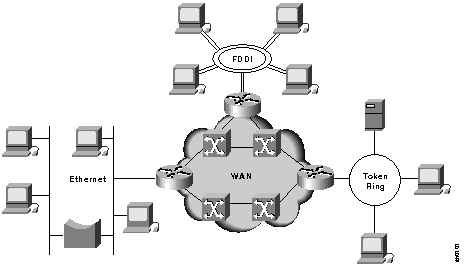Time Sharing System
- It is a form of multiprocessing Operating system which operates in an interactive mode with a quick response time.
- The user types a request to the computer through a keyboard.
- The computer processes it and a response is displayed on the user's terminal.
- A time sharing system allows the many users to simultaneously share the computer resources. Since each action or command in a time-shared system take a very small fraction of time, only a little CPU time is needed for each user. CPU switches rapidly from one user to another user, each user is given impression that he has his own computer, while it is actually one computer shared among many users.

- Most time sharing system use time-slice scheduling of CPU.
- In this approach, Programs are executed with rotating priority that increases during waiting and drops after the service is granted. In Order to prevent a program from monopolising the processor, a program executing longer than the system defined time-slice in interrupted by the operating system and placed at the end of the queue of waiting program.
- Memory management in time sharing system Provides for the protection and separation of user programs.
- Input/output management feature of time-sharing system must be able to handle multiple users.
- The processing of terminals interrupts are not time critical due to the relative slow speed of terminals and users.
- As required by most multiuser environment allocation and reallocation of devices must be performed in a manner that preserves system integrity and provides for good performance.
- The words multiprogramming, multiprocessing and multitasking are often confused.
- There are, of course, some distinctions between these similar, but distinct terms.
- The term multiprogramming refers to the situation in which a single CPU divides its time between more than one job.
- Time sharing is a special case of multiprogramming, where a single CPU serves a number of users at interactive terminals.

- Multiprocessing, multiple CPUs perform more than one job at one time.
- Multiprogramming and multiprocessing are not mutually exclusive.
- Some mainframes and supermini computers have multiple CPUs each of which can juggle several jobs.
- The term multitasking is described any system that runs or appears to run more than one application program one time.
- An effective multitasking environment must provide many services both to the user and to the application program it runs.
- The most important of these are resource management which divides the computers time, memory and peripheral devices among competing tasks and interprocess communication, which lets tasking coordinate their activities by exchanging information.
No comments:
Post a Comment